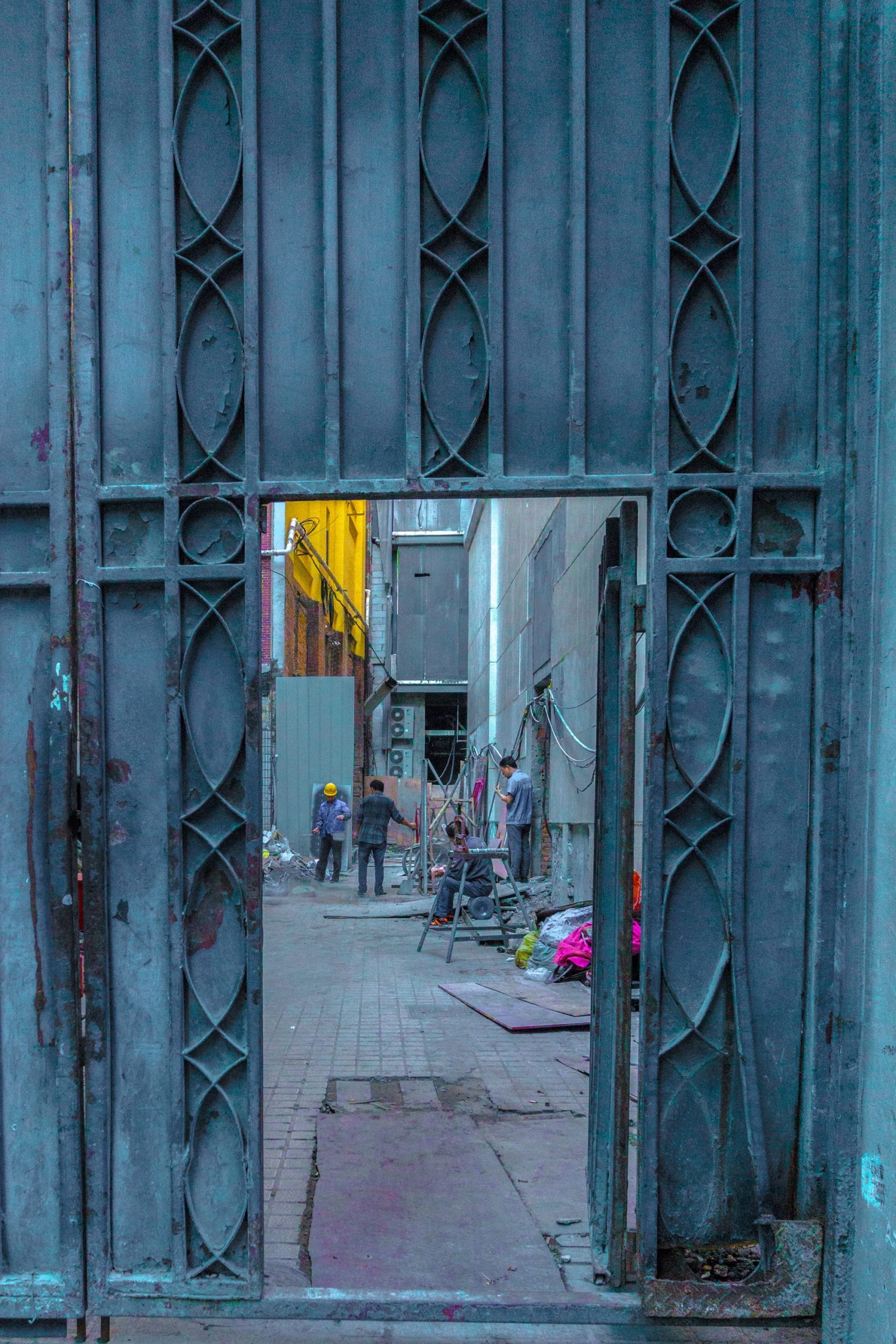Kuora: Oh, the places China watchers will go

This week’s column comes from one of Kaiser’s recent answers originally posted to Quora on February 5, 2019.
What are the modern career pathways for an aspiring China watcher?
These days there are many possible pathways. Let’s start with the obvious ones:
Academia. The available slots aren’t many, the work is difficult, the requirements very onerous, the commitment of many years toward a Ph.D. or equivalent being just part of that. The remuneration not particularly great, either. Tenured professors can do pretty well, but there are many years of near-penury before that. Once in a tenure-track job at a decent school, the pressure remains very great. Teaching is only a fairly small part of it; some people really enjoy it, while others think of it as a nuisance that gets in the way of their own research. There’s a lot of administrative drudgery involved, as I understand it. “Publish or perish” is still a reality in the academic world, at least in the U.S. And of course there’s the famous pettiness and department politics. But the prestige is very high.
Journalism. There will, for the foreseeable future, be a considerable appetite for good reporting out of China. A reasonable command of the language, the ability to learn a topic quickly, keen powers of observation, and good writing chops are the basics, but the really good journalists are also able to cultivate well-placed sources, understand how the story they’re reporting fits into a broader context and illuminates important facets of the bigger picture, and have an instinct for what really constitutes news.
Intelligence. Working for the intelligence community as an analyst (I have never talked at any length with people who were in operations) is a good place for an aspiring China-watcher to set her sights. Language skills, in-country experience, a feel for the way that the institutions work and the idiosyncratic contours of the political landscape are all very valuable in this kind of work. Specializing in one particular area — in some field of technology, for example — might make you a more attractive hire for intelligence services.
Diplomacy. The Foreign Service or various foreign ministries of your home country are always looking for people with China experience. Mind you, expect to spend a year stamping passports in a country you’ve never had much interest in first, just to prove your commitment. The Foreign Service isn’t the only source of staff for embassies and consulates, though. Most will have commercial sections that draw on people from (in the U.S. case) the Department of Commerce, and other agencies are represented in embassies and consulates as well. So perhaps this category is better described as civil and foreign service.
Think-tank Land: Many China-watchers find work in the dozens of think-tanks. Brookings, New America, Paulson, American Enterprise Institute, Hudson, German Marshall Fund, MERICS, Asia Society, and many more all have fellows, scholars, analysts, program officers, and various staffers. Often an MA in some China-related discipline will suffice.
NGO Land: Large and small NGOs employ all sorts of people with backgrounds in China studies and usually require no advanced degree. They work on all manner of things, from environmental issues to development to human rights. There’s some overlap here with the think-tanks, of course, as some organizations have a leg in each of these worlds.
The Private Sector: Here, the possibilities are endless. There are Chinese companies, multinationals, family businesses looking to open up markets in China, Chinese companies looking to expand overseas, start-ups and Fortune 500 firms. There are investment banks, private equity companies, venture funds, consulting firms, accounting firms, tech companies, pharmaceutical companies, relocation companies — everything under the sun and too many to possibly name. This is where the vast majority will actually end up, and that’s just fine, because there’s an awful lot that needs doing and huge demand for people who can speak or read Chinese, for people comfortable with being on the ground in China in Chinese-language working environments, and so on.
Kuora is a weekly column. Image by Benjamin Patin on Unsplash.






